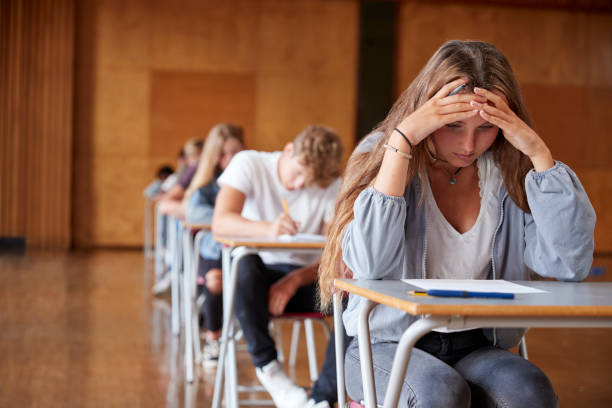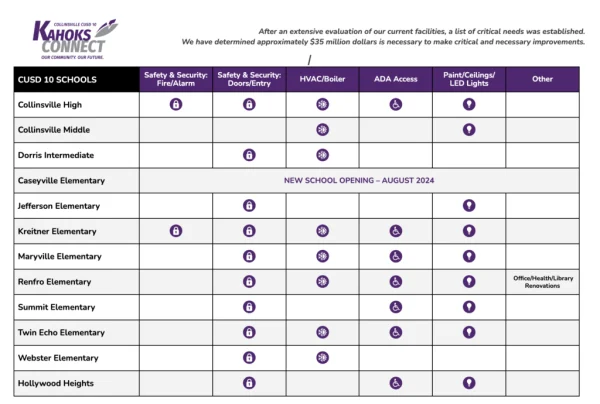How COVID-19 affects your mental health, and what you can do to help it.
October 28, 2020
During this pandemic, social distancing is very important for the slowing of the COVID-19 virus, but this could have a negative impact on our mental health. One of the main concerns is having to live in isolation. Though everyone is quarantined in different situations, I’m sure most of us have felt the loneliness caused by these difficult times. In fact, Medical News Today states that the rate of loneliness in the United States is increasing. Some experts even suggest that there is a growing number of U.S. citizens that regularly experience isolation.
With the growing rate of isolated citizens, we need to consider who is most at risk of experiencing loneliness. One of the at-risk groups would be the elderly. Older individuals often live alone, seeing as most of their children would be adult age and long moved out. This situation specifically is terrible considering they are also the most high-risk group for the virus. Other high-risk groups for the virus would be people with disabilities and chronic illness. All of these individuals may experience higher levels of isolation and loneliness due to this fact. While most people can throw on a mask and run to the grocery store or go on a socially-distanced walk with a friend they haven’t seen in awhile, these high-risk individuals may be selective over who visits them or hesitant on leaving the house out of fear of getting sick. While we are talking about the elderly, we must also discuss those who are in nursing homes. These elderly people are put into even deeper isolation than someone living on his or her own due to the density of high-risk individuals in one location. Some of these nursing homes may not even allow the elderly to leave their rooms outside of a designated time. Many nursing homes also have rules against visiting and leaving for this time. Other groups that are at high risk of experiencing loneliness are people living alone, only children, families of single parents, and the mentally ill, just to name a few.
Isolation can have a significant impact on health, and can contribute to already existing disorders such as depression, anxiety, and dementia. Some other mental health risks associated with loneliness and isolation are:
- Depression
- Anxiety
- Schizophrenia
- Suicide
- Dementia
- Alzheimer’s disease.
There have also been links between loneliness and some physical conditions, such as heart disease and breast cancer.
So, what can we do to keep our high-risk loved ones in mind? The World Health Organization makes recommendations including, but not limited to, knocking on a neighbor’s door and staying a safe distance away, calling them on the telephone to remind them that they have nearby support, set up regular phone calls or video chats, sending care packages or hand written letters, or helping them with tasks like picking up medication or delivering groceries to their doorstep.
Though these groups are high risk, anyone can experience loneliness. If you are one of these individuals, here are some ways you can help yourself during this pandemic:
- Take care of yourself and others, keeping in touch with friends and family and finding time for leisure activities
- Limit exposure to pandemic-related news, since too much information can trigger anxiety disorders
- Tell someone when you experience symptoms of sadness or anxiety
- Monitor dysphoric mental states such as irritability and aggression
- Establish a support network (even if it is a virtual one)
- Maintain adequate sleep, nutrition and exercise patterns
- Practice meditation (mindfulness)
- Use positive psychiatry/psychology techniques
And, if you are experiencing symptoms of depression or anxiety consider talking to a therapist.





















